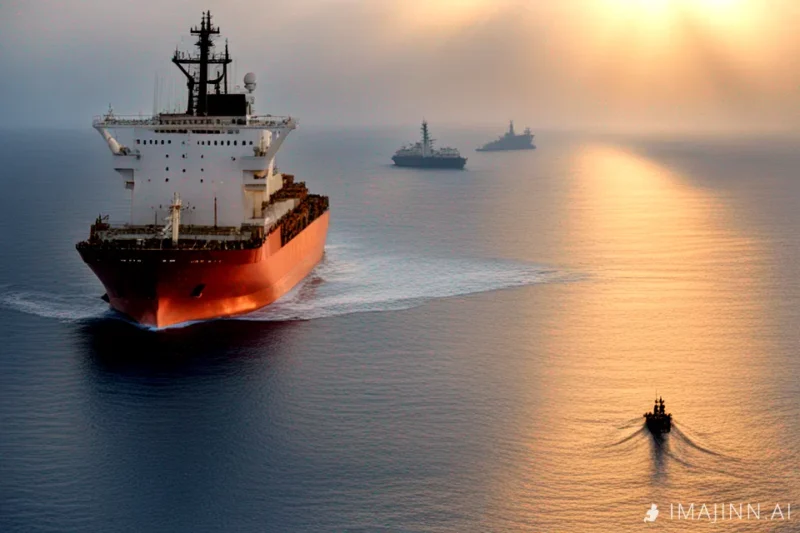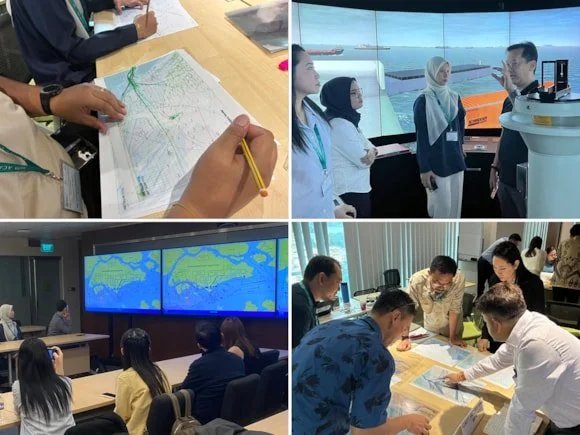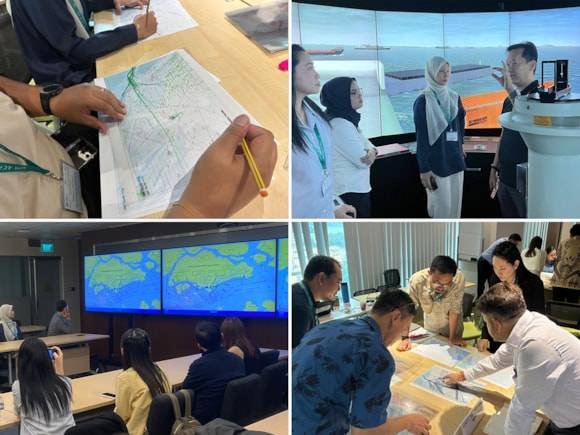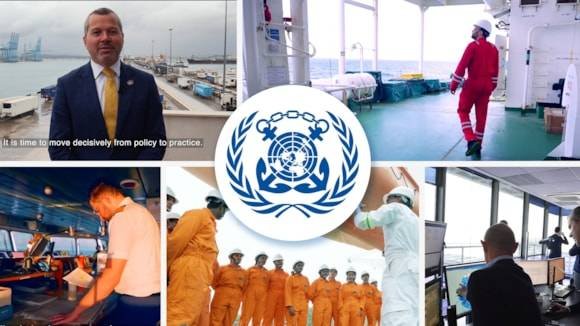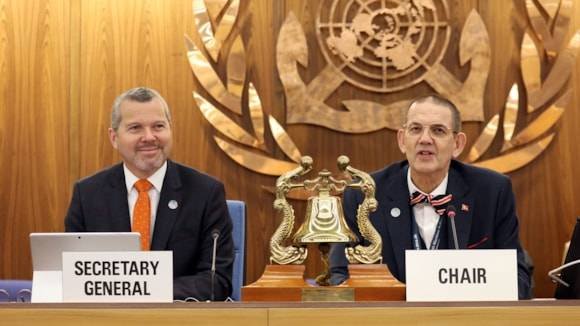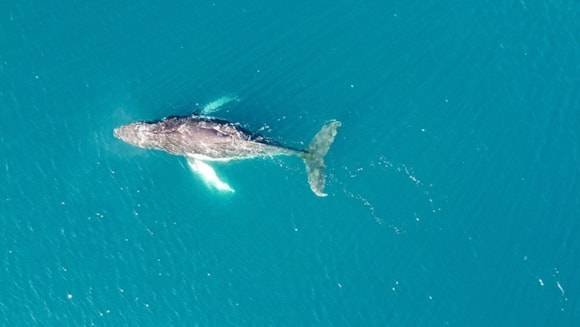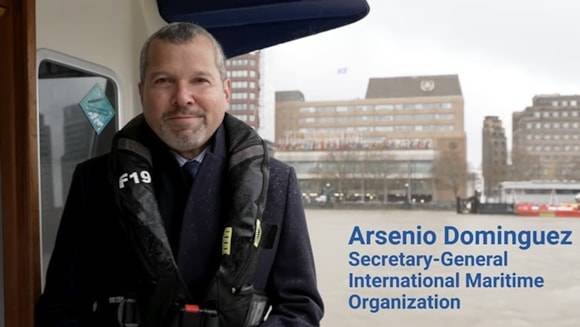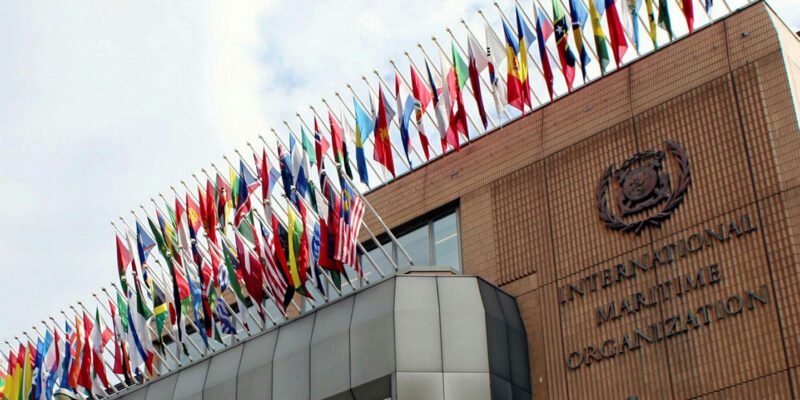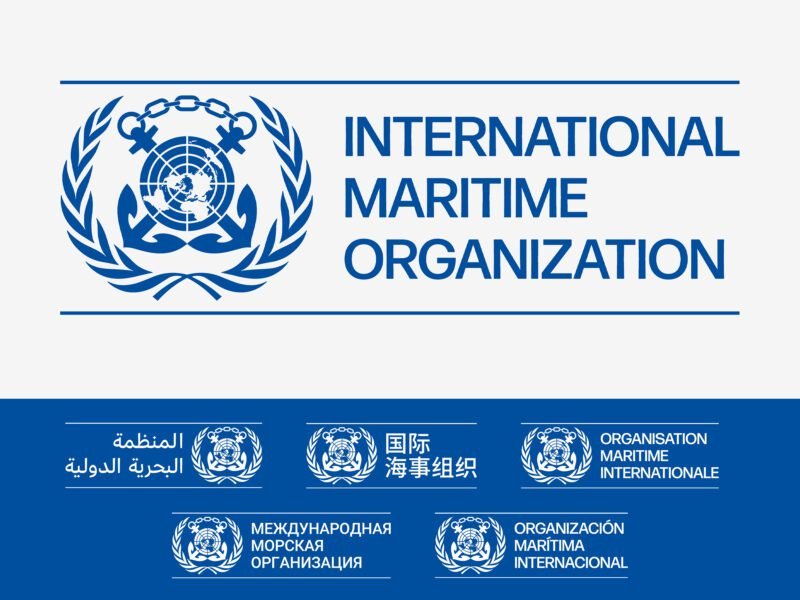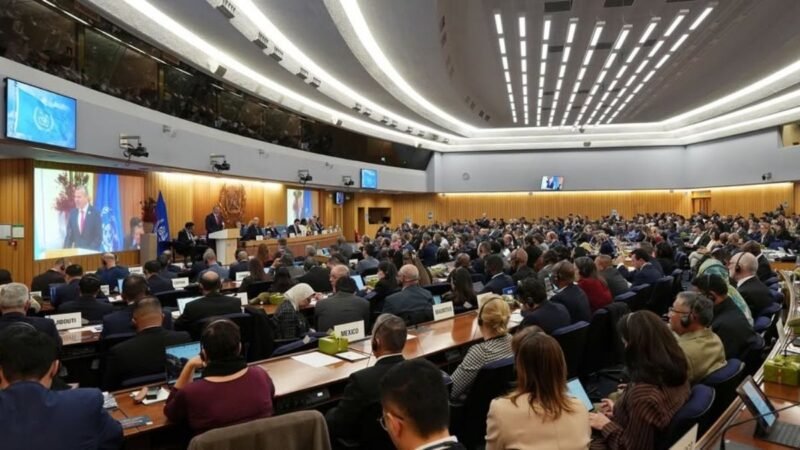Criminal charges on the high seas are becoming an increasingly pressing issue for seafarers globally. The rise of piracy and other maritime crimes has resulted in tougher penalties and significant legal challenges for those who work at sea. This article explores various aspects of this issue, including the lack of legal protection, the complexities of maritime law, and the efforts being made to support seafarers in need.
Legal Vulnerability of Seafarers
A primary challenge faced by seafarers is the lack of legal protection and assistance in international waters. Many crew members work on ships registered in countries other than their own, making them susceptible to unfamiliar local laws and legal systems. This lack of familiarity can lead to misunderstandings and unintentional violations of laws that carry severe penalties.
Complexity of Maritime Law
The laws surrounding maritime crime are complex and constantly evolving. Although the United Nations Convention on the Law of the Sea offers guidelines, the interpretation and application of these laws can vary significantly from one country to another. This inconsistency makes it difficult for seafarers to fully comprehend their rights and legal protections. Even when legal assistance is available, the processes involved can be lengthy and cumbersome, often leaving individuals in a state of legal uncertainty for years.
Harsh Penalties and the Death Penalty
One of the most alarming aspects of maritime law is the potential for harsh penalties, including the death penalty, in certain jurisdictions. Seafarers can find themselves facing severe consequences for crimes they did not commit or for actions taken in the course of their professional duties. This creates an environment of fear and insecurity for those working on the high seas, further complicating their already challenging working conditions.
Advocacy and Support from International Organizations
The plight of seafarers facing criminal charges has gained attention from various international organizations. The International Transport Workers’ Federation (ITF) and the International Maritime Organization (IMO) have both advocated for stronger legal protections and support mechanisms for seafarers.
ITF Legal Aid Program
The ITF has established a legal aid program specifically designed to assist seafarers at risk of criminal charges. This program provides vital legal support and advice, ensuring that seafarers and their families have access to the protections guaranteed under international law.
IMO Guidelines for Treatment of Detained Seafarers
In addition to the ITF’s efforts, the IMO has developed guidelines aimed at ensuring fair and humane treatment of seafarers who are detained or arrested on board ships. These guidelines serve as a framework to protect the rights of seafarers while they await trial or the resolution of legal issues.
The Need for Continued Advocacy and Awareness
Despite the initiatives already in place, there remains a significant need for ongoing advocacy and support for seafarers. Organizations like the ITF and IMO must continue pushing for enhanced legal protections from national governments and the international community. Simultaneously, it is crucial for seafarers to be aware of their rights and the legal protections available to them. Staying informed about the evolving legal landscape surrounding maritime crime is essential for ensuring their safety and security.
Conclusion: A Path Forward
In summary, criminal charges on the high seas present a serious challenge for seafarers worldwide. The combination of inadequate legal protections, complex maritime laws, and the potential for severe penalties creates a daunting environment for those working at sea. However, with sustained advocacy and increased awareness, there is hope for a future where seafarers are fully protected and supported. It is imperative that both international organizations and seafarers themselves take proactive steps to create a safer and fairer maritime environment.


